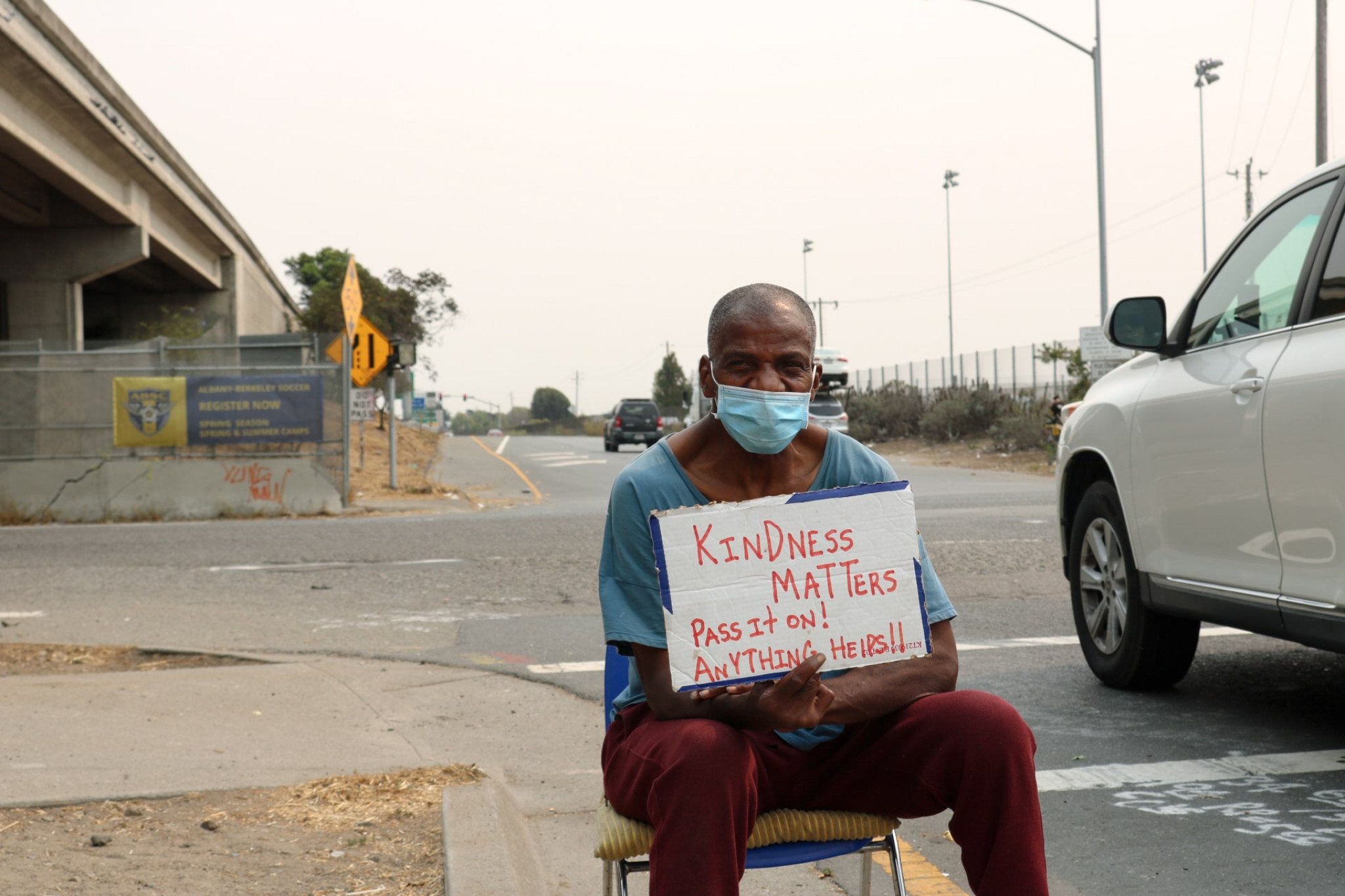COVID-19, while infiltrating all communities, has hit the most vulnerable populations the hardest. Unhoused people are no exception, as many shelters and services they rely on are operating at a lesser capacity or have closed altogether. Two of the main shelters in Berkeley, the Berkeley Food & Housing Project (BFHP) and the Youth Engagement Advocacy Housing (YEAH!) report “decompressing” and a “lower total intake number of youth” respectively.
At the same time, shelters are seeing an increasing demand for their services. BFHP reports seeing more unhoused people during their street outreach programs, although they have not seen a similar spike in residents. For unhoused youth, the effects are particularly devastating.
Vera Hannush, the Bay Area development officer of YEAH! said, “There are and will be more unhoused youth due to the pandemic, from job loss to loss of couch-surfing places that many almost-unhoused youth were depending on.”
Those who are unable to secure shelter face unique challenges as a result of the pandemic. Josh Bamberger, a professor of family and community medicine at the University of California San Francisco, notes that the death rate of unhoused people in San Francisco has doubled or possibly tripled since before the pandemic. He attributes a significant part of this increase to loss of routine because of shutdowns due to coronavirus.
“To get by on the streets, you have to have a regular routine: you have to know where to get your food, how to stay safe, where to get your medicine, things like that. But since COVID hit this routine has really been upended,” said Bambergerger. “We have a lot of people who have been hanging in there for many years, older experienced homeless people, who have died since COVID, not necessarily because of the virus itself,” he explained.
The low number of deaths from the coronavirus itself among unhoused people may be due to shelters’ tireless work to provide safe conditions for the residents and staff. Both shelters report extensive sanitation processes and provide personal protective equipment for all staff. In the event of a coronavirus case, YEAH! has plans to move the infectee into an isolated hotel room.
Yet all this comes at a cost. Although they thank individuals and institutions (including city and county governments) for their donations, a representative for the BFHP notes that they are falling a little short.
“Our increased costs continue, and we are having to raise an additional $300,000 this year to keep providing our clients with a safe space to shelter in place,” said the representative. Although YEAH! did not report as large of a need for cash, they still felt the financial impacts of the coronavirus.
“We have been lucky to receive funding from some COVID-19 emergency response funds, but as the pandemic continues, and our food needs continue to stay high, and our youth only slowly are returning to work, we need all the community support we can get,” said Hannush.





